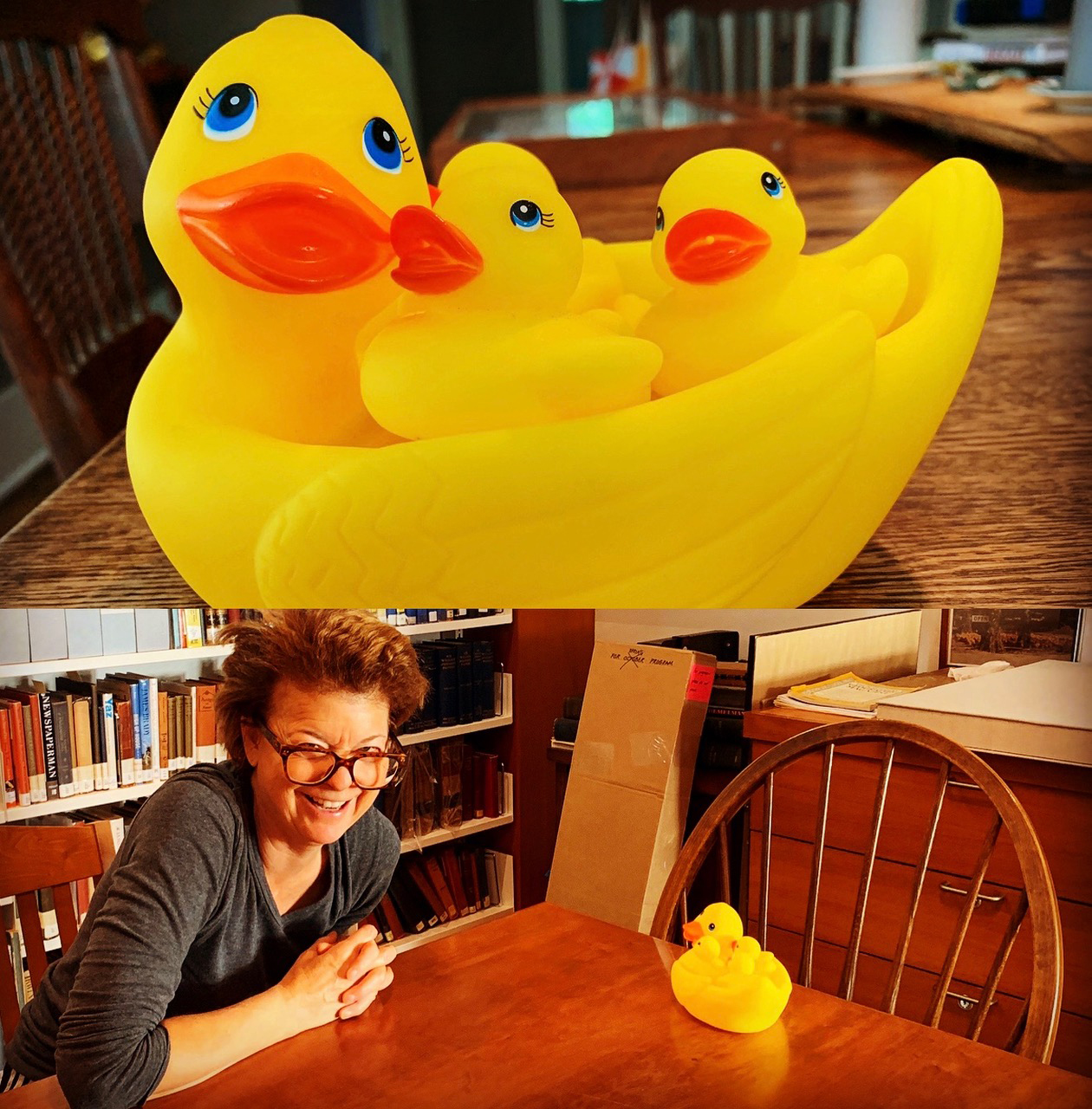
As my lovely and long-suffering marketing assistants can attest, my relationship with technology is love/hate (at best….)
That said, I love learning new ways to help others solve problems, so when I learned this week about coders using rubber duck debugging for problem solving I was intrigued.
What is it?
In a nutshell (dare I say, a duck shell?) it comes from a story in “The Pragmatic Programmer” in which the coder finds the solution to their problem simply by describing the problem aloud to a rubber duck.
Apparently, the duck’s non-judgmental listening style was just what the programmer needed to see the flaw in their code.
(As you can imagine I also like this idea because it backs up my own belief that it is only when we say things out loud that we notice where we have a plot hole. This is why I require my clients, and strongly advise you, to practice presentations and answers to tough questions out loud.)
Too often, however, we do not offer others Abraham Maslow’s definition of “real listening.”
How does he define real listening? To listen:
“without presupposing, classifying, improving, controverting, evaluating, approving or disapproving, without dueling what is being said, without rehearsing the rebuttal in advance, without free-associating to portions of what is being said so that succeeding portions are not heard at all.”
But if you can, (I know you can!) you will be listening like a dream—or a duck—come true.
For more on how to prep for tough questions or difficult presentations, take a look at “Stupid Car Fight? Writer’s Block? Prepping an Important Presentation? Walk it Out”
